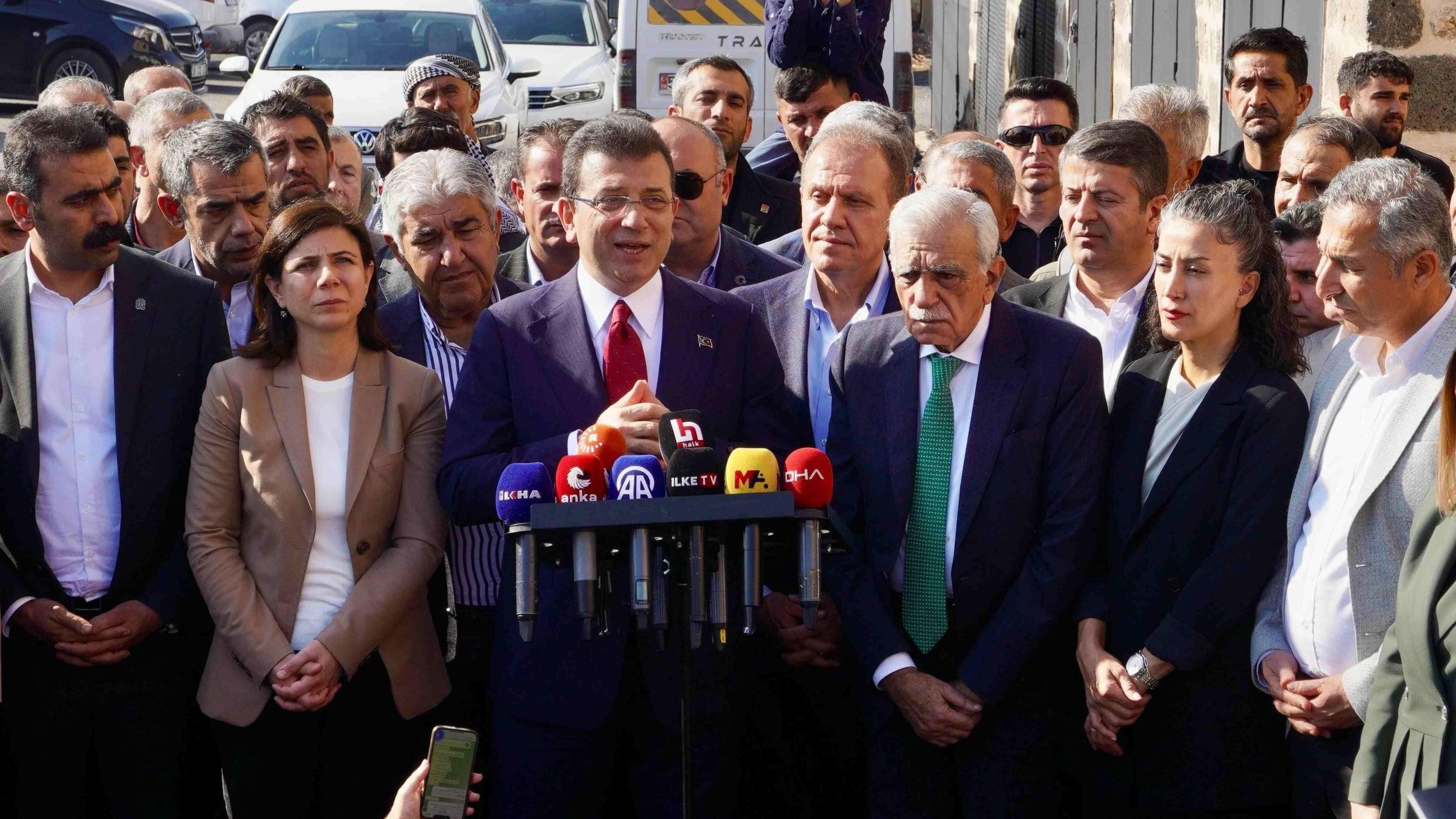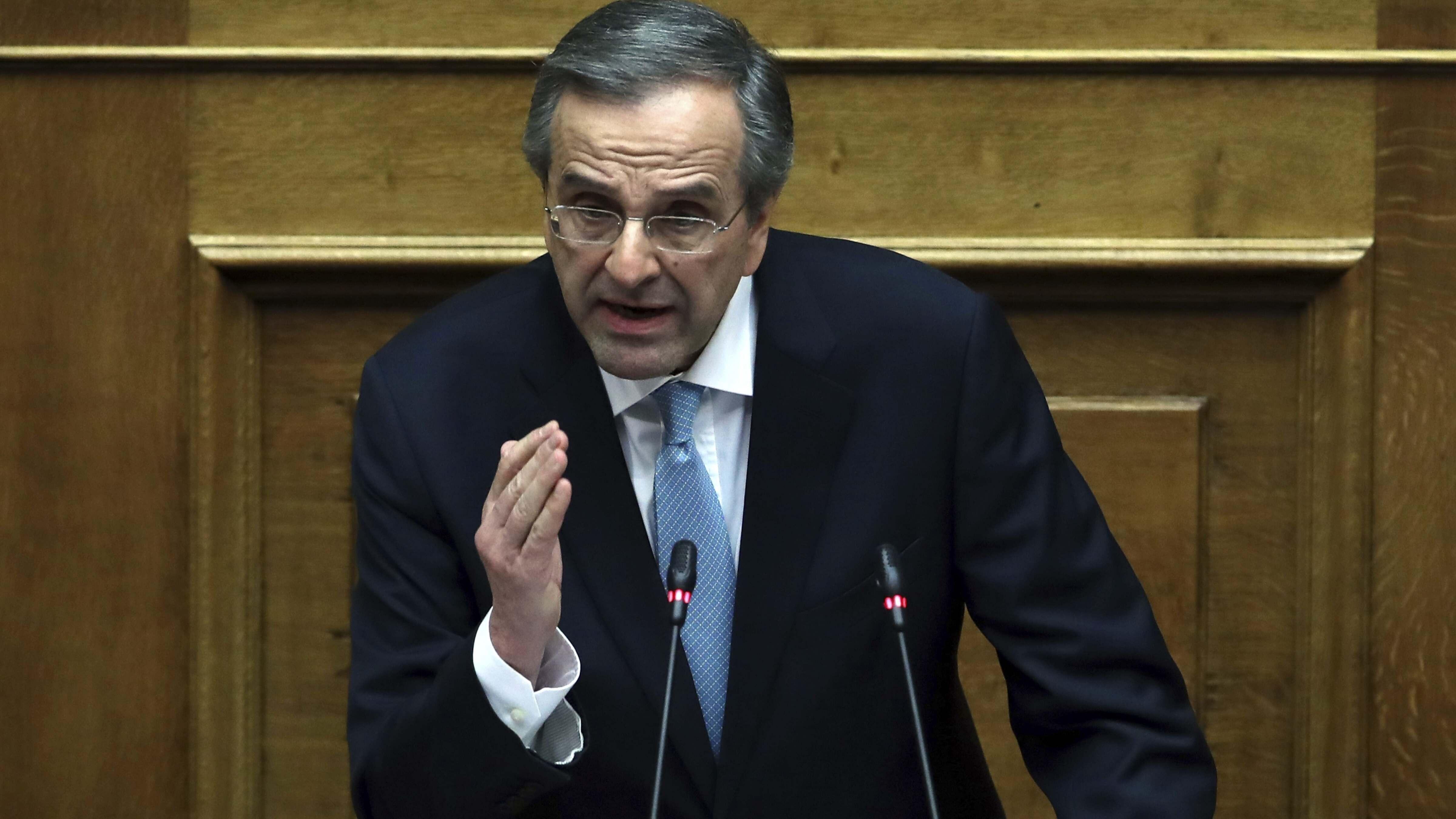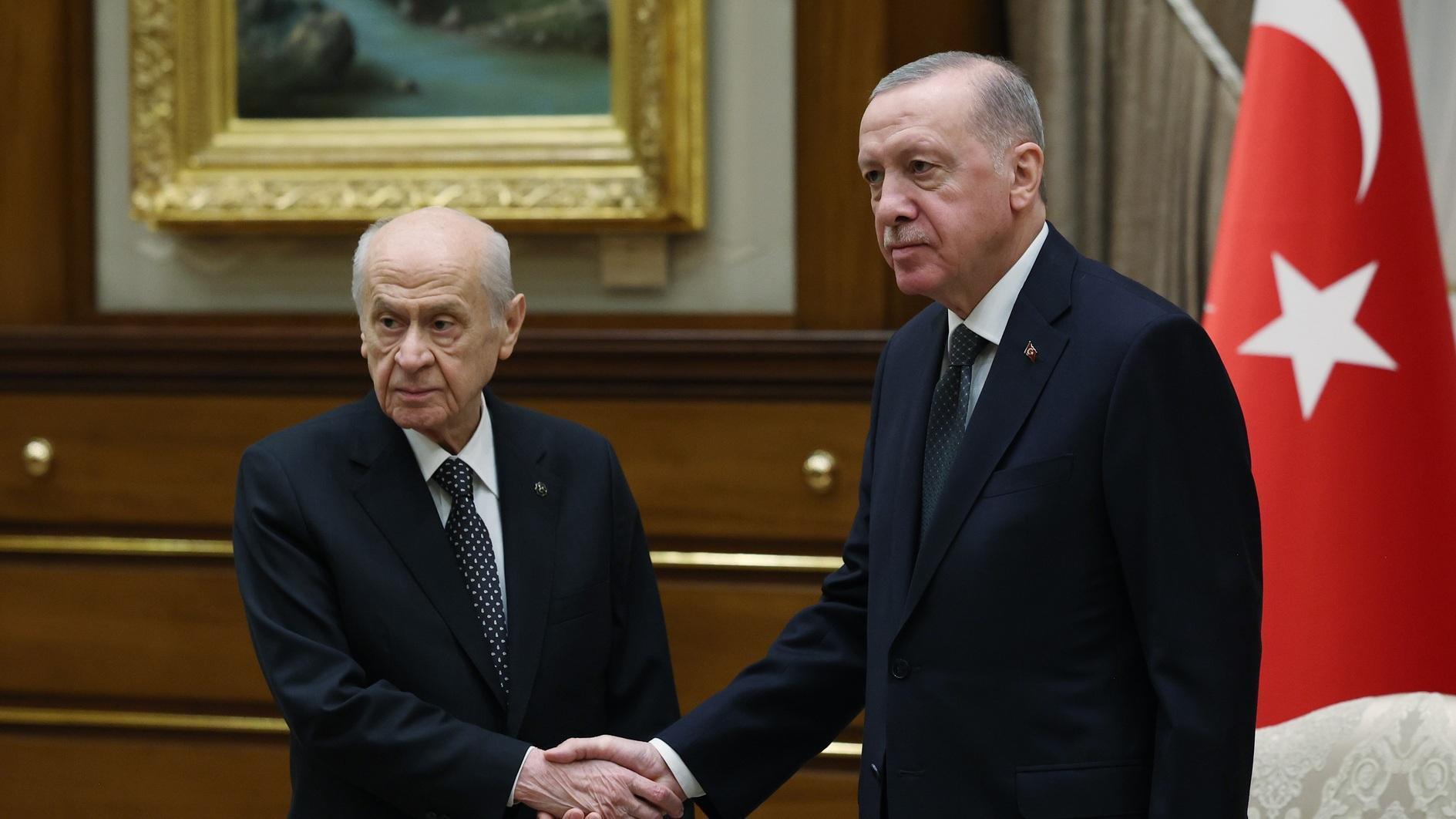Steps found ’skimpy’
Bloomberg

refid:11052348 ilişkili resim dosyası
The measures approved by Parliament assembly late Wednesday cut car and communications taxes and allow the government to supplement the wages of workers at companies that have reduced production for up to six months. It also increases the minimum monthly wage in such cases to about 750 Turkish Liras, or $440, according to the text of the legislation.The jobless rate rose to 12.3 percent in the three months through December from 10.1 percent in the same period of 2007 as companies fired workers amid an economic slowdown at home and in export markets in the European Union. The governing Justice and Development Party, or AKP, is campaigning for local elections on March 29.
The legislation is "far from being a solution to this crisis," Tugrul Kudatgobilik, head of the Confederation of Employers’ Associations, said on the CNBC-e television channel Wednesday. The government should agree to a loan accord with the International Monetary Fund and channel the money to support manufacturers, "otherwise it won’t be possible to prevent job losses and the unemployment rate could exceed 20 percent."
The government is preparing a second set of steps, including additional lending for exporters, Deputy Prime Minister Nazım Ekren said Thursday. The new package may also allow companies to delay tax and social security contributions, it said. The measures won’t jeopardize budget discipline, Ekren said, according to CNBC-e.
Turkey and the IMF took a break from negotiations on a new loan program on Jan. 26 and have not said when they will resume. The two need to reach an agreement on medium-term budget planning, the fund said after the talks ended.
Budget deficit
The budget deficit in January widened six-fold from a year earlier as the government spent more on municipalities ahead of the local elections. The budget was drafted on the assumption of 4 percent economic growth this year while the fund forecasts a 1.5 percent contraction.
The legislation approved in parliament cuts taxes on new cars for buyers who exchange old models, a step designed to help reduce stocks of unsold vehicles. Car production slumped 61 percent in January from a year earlier, the Automotive Manufacturers’ Association said on Feb. 13.
The legislation gives the Cabinet the power to set tax reductions for textiles firms that relocate and employ more than 50 people in poorer provinces of the country.
The law will also reduce the communications tax levied on Internet subscriptions to 5 percent from 15 percent in March. Another measure allows foreign investment funds to trade directly on Turkish capital markets.
The measures also give the state-run Grain Board authority to sell about 1 billion liras in debt through the Treasury to close a deficit it’s accumulated buying crops from farmers. Meanwhile, the government is considering distributing spending vouchers to help revive domestic demand, Sabah and Vatan newspapers reported on Friday, citing Deputy Prime Minister Nazım Ekren.
The vouchers, which might be issued for 200 liras ($117) to 500 liras, would be valid for a limited period, after which they would expire, Sabah said, citing remarks by Ekren. The government thinks it can afford the one-off expenditure, the newspapers added.
















